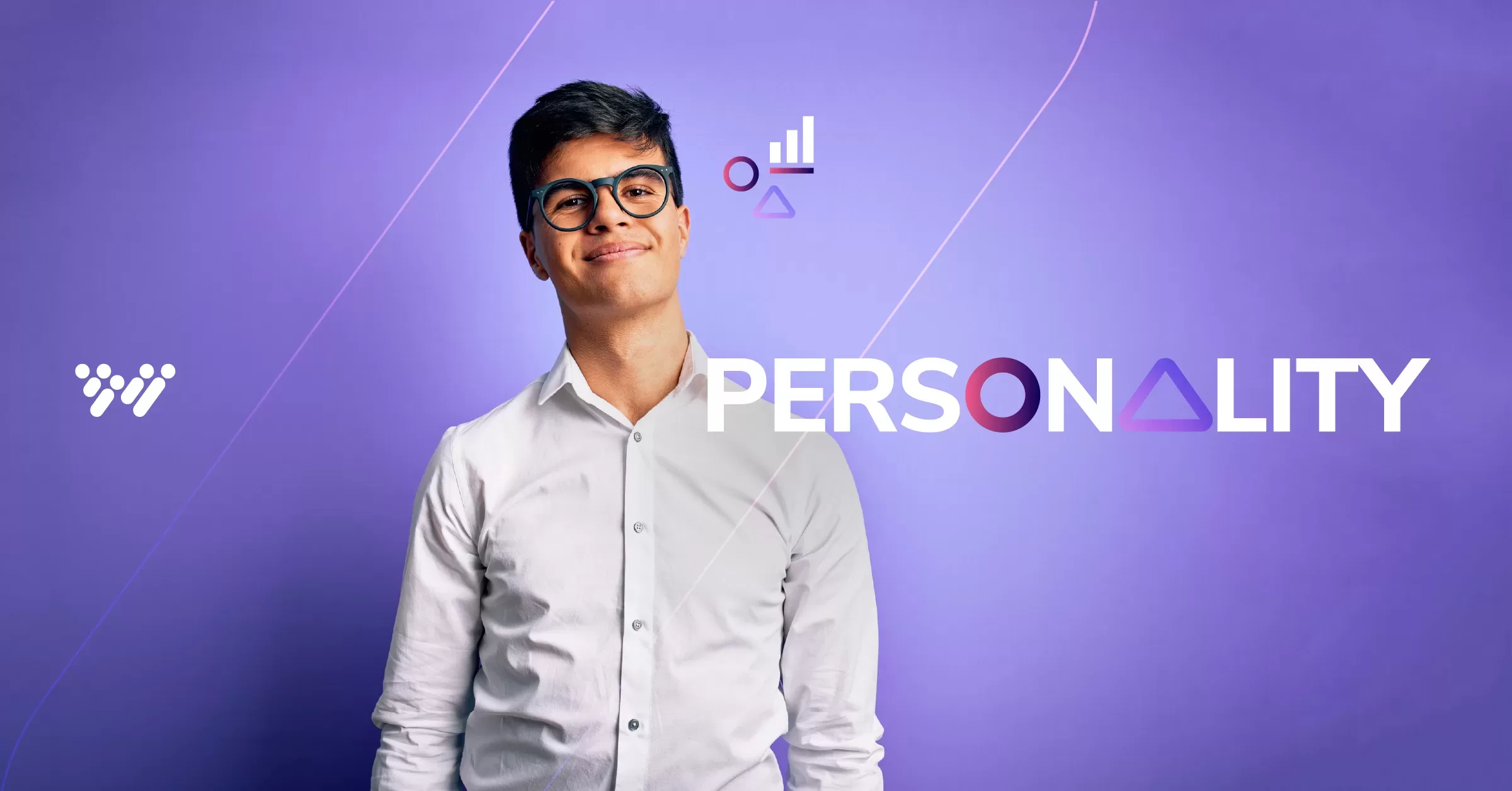Nationally, the hiring rate has increased 23.4% since October of last year. Yet there are still far more open roles than there are available candidates—an estimated 1 million more vacancies than there are unemployed workers, according to recent reports.
In response to this ongoing crisis, some employers are looking for ways to streamline their hiring process to reduce candidates’ barrier to entry.
Unfortunately, some are even debating if they should continue requiring that candidates complete the pre-employment assessments they’ve found valuable for years.
If you’ve been entertaining this move, here’s a quick reminder of why that kind of “streamlining” will do far more harm than good.

1. Not using pre-employment assessments increases the risk of new hires quitting or being fired
Skipping important vetting steps and making offers to below-standard candidates out of desperation to fill open roles is a phenomenon some call “warm body syndrome.”
As you’d guess, the outcomes of this mindset aren’t great: the short-term relief recruiters and hiring managers feel can quickly give way to regret when their new hires don’t work out and they’re forced to backfill those positions all over again, creating a vicious cycle of turnover.
As Forbes Council Member Rami Essaid notes, “It’s more costly to hire the wrong person than to keep looking for another month to find the right person.” The data bears this out as well: According to SHRM, the total cost to replace an employee usually adds up to 6 to 9 months of their salary.
As hundreds of thousands of employers know, pre-employment assessments can dramatically improve your chances of hiring a candidate who is well-suited for the role in every job market—and reduce your turnover rate. (Our own customers have reported reductions as high as 400%.)
Specifically, evidence suggests that multi-measure assessments—which incorporate multiple constructs, like cognitive ability, personality, and motivation—are most effective. According to research shared by legendary I-O psychologist Frank L. Schmidt, multi-measure assessments are 446% more predictive than just a resume, 204% more predictive than just a personality test, and 196% more predictive than just an emotional intelligence test.
Tips for encouraging candidates to take your assessment
If you’re concerned about candidate engagement with your assessment, small tweaks to when and how you reach out might help. For STEAM or hard-to-source roles, try administering pre-employment assessments after your first personalized contact with candidates instead of at the end of the application. Also communicate why testing is important and how it reduces human bias.

2. Not using pre-employment assessments can negatively affect existing employees and your company’s credibility
When employers cut corners in evaluating candidates, it’s not just the candidate, their hiring manager, and the HR team who helped bring them in who are affected.
The new hire’s other colleagues are impacted as well.
When new hires aren’t a good fit, their colleagues often are forced to pick up the slack, which can lead to higher stress and lower morale. And though a relatively small percentage of bad hires would be described as “toxic,” when a poor-fit employee meets that description, the “good” employees working with them are 54% more likely to quit.
Additionally, your credibility as a company—as perceived both by your workforce and their professional networks—can take a hit. If you pay lip service to your commitment to fair hiring practices and creating an enjoyable company culture, but take shortcuts in your hiring process that have a negative trickle-down effect, the disconnect can lead to an erosion of your employees’ trust. And when that trust is damaged, good, formerly happy, employees are more likely to turn elsewhere for a job.

3. Candidates can feel more fairly judged when there’s an assessment step—and more positively about your company
Lastly, it’s a misconception that job-seekers don’t like taking pre-employment assessments; in fact, research suggests that robust assessments actually improve the candidate experience.
In a study by Hausknect, Day & Thomas, candidates said that having the option to take an objective assessment made them feel they’re being judged more fairly than they do without an assessment. Similarly, a recent study by Speer, King & Grossenbacher states that candidates tend to view longer cognitive ability assessments as more fair than shorter equivalents, because they feel they’re being given a chance to showcase their abilities. And when candidates view your hiring process as fair, they’re more likely to be engaged and satisfied in the role, or have the confidence to apply at the company again if they didn’t get the job.
(Even better than providing a fair assessment? Making feedback available to candidates in the form of a curated feedback report. In 2020, Wonderlic tested out this theory with more than 1,000 candidates, and positive sentiments about our assessment increased by 7%.)
No doubt it’s a challenging time for HR teams and hiring managers—for some industries more than others. But while it’s tempting to do “whatever it takes” to fill your candidate pipeline right now, downgrading the importance of pre-employment assessments isn’t the answer. If anything, doing so will make your talent problems worse.
Trying to identify and hire top talent? Discover how Wonderlic’s WonScore assessment can help you hire with confidence based on objective data that reveals every candidate’s potential to succeed, regardless of their work history.









